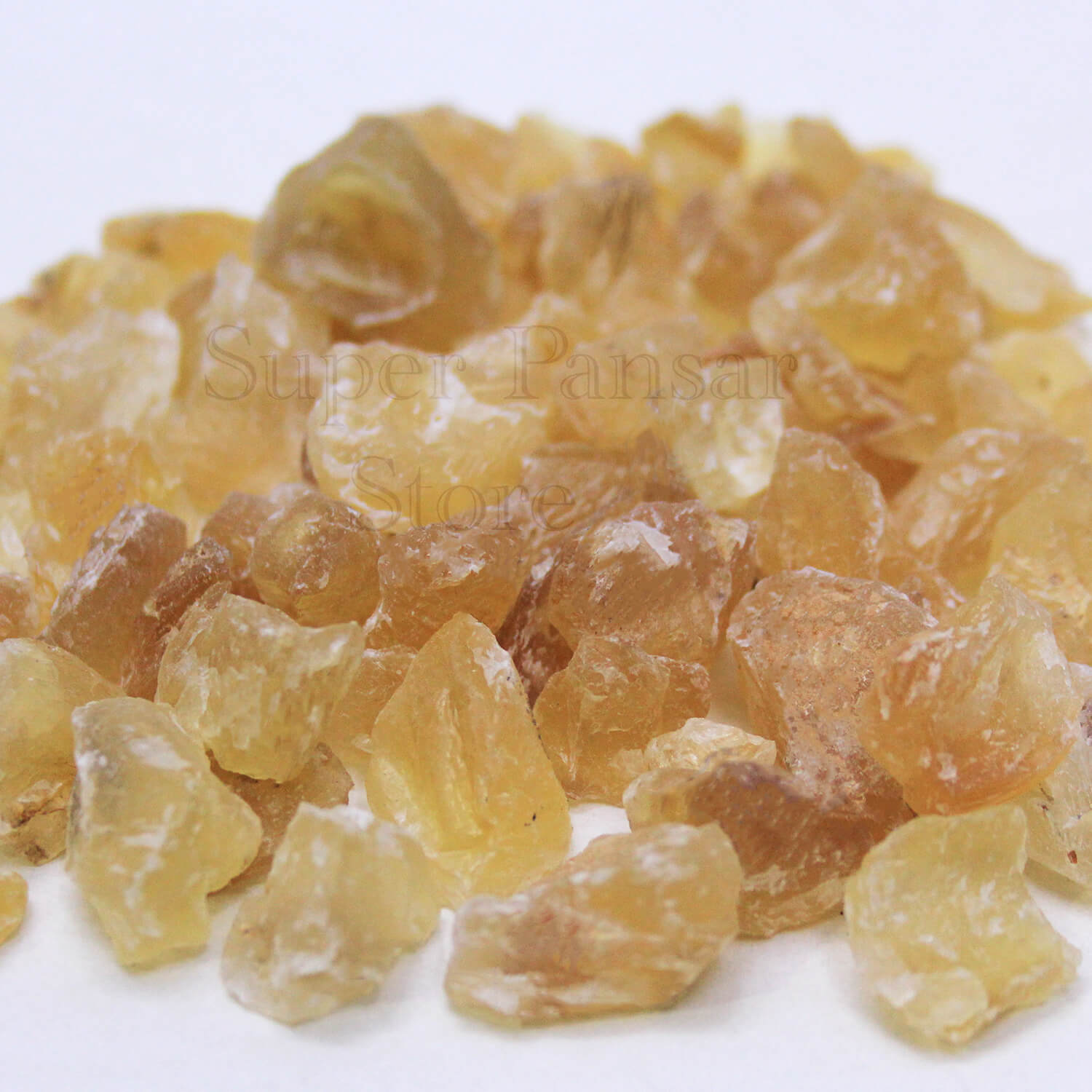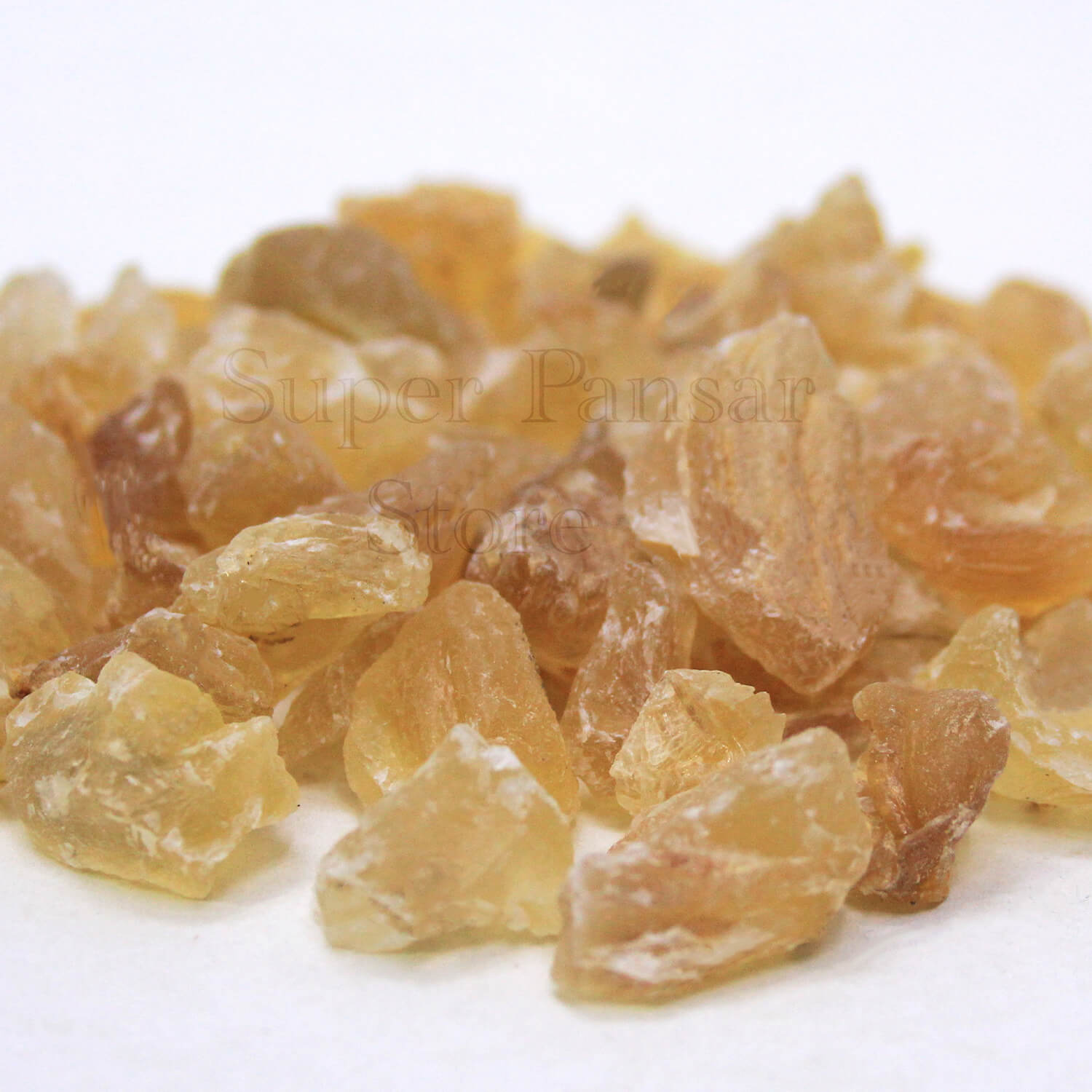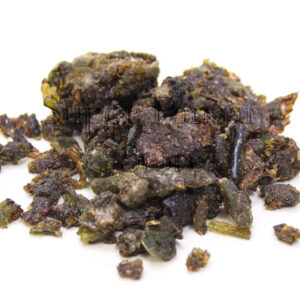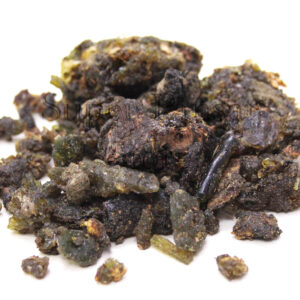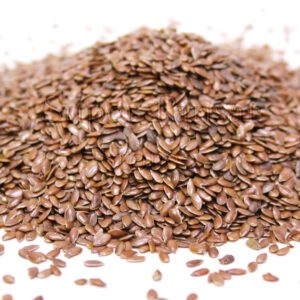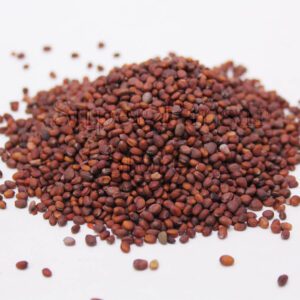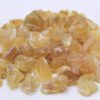No products in the cart.
Tragacanth Gum (Gond Katira) گوند کتیرہ
Price range: ₨ 200 through ₨ 2,200
Overview
Astragalus gummifer sap yields Tragacanth gum.
This gum is used for various purposes, including in the food industry, pharmaceuticals, and traditional medicine.
Benefits
Thickening and Gelling Agent:
The food industry values tragacanth gum for its ability to thicken and form gels.
Confectioners, bakers, and food manufacturers use it to provide texture and stability in their products.
Emulsifying and Stabilizing Properties:
Tragacanth gum serves as an emulsifying agent in certain formulations, helping to stabilize emulsions.
This property is useful in the preparation of creams, ointments, and pharmaceutical formulations.
Binder in Pharmaceuticals:
The pharmaceutical industry uses tragacanth gum as a binder in tablet production.
It helps hold the ingredients together and provides cohesiveness to the tablet.
Natural Fiber Content:
Tragacanth gum contains soluble fiber, and its consumption may contribute to dietary fiber intake.
Adequate dietary fiber is associated with various health benefits, including improved digestive health.
Cosmetic and Personal Care Products:
Tragacanth gum is used in cosmetic and personal care products for its thickening and emulsifying properties.
It helps achieve the desired consistency in creams, lotions, and other formulations.

